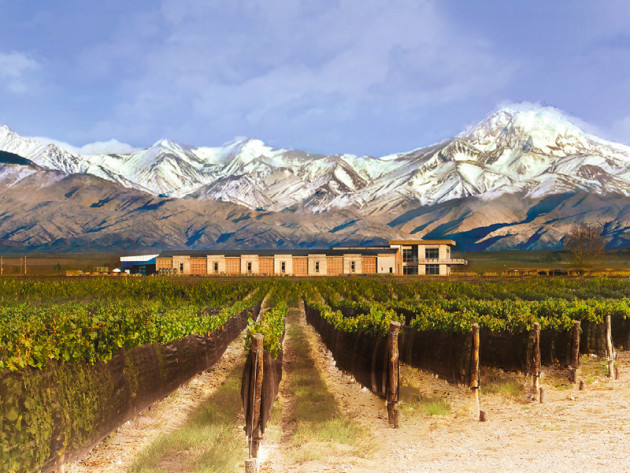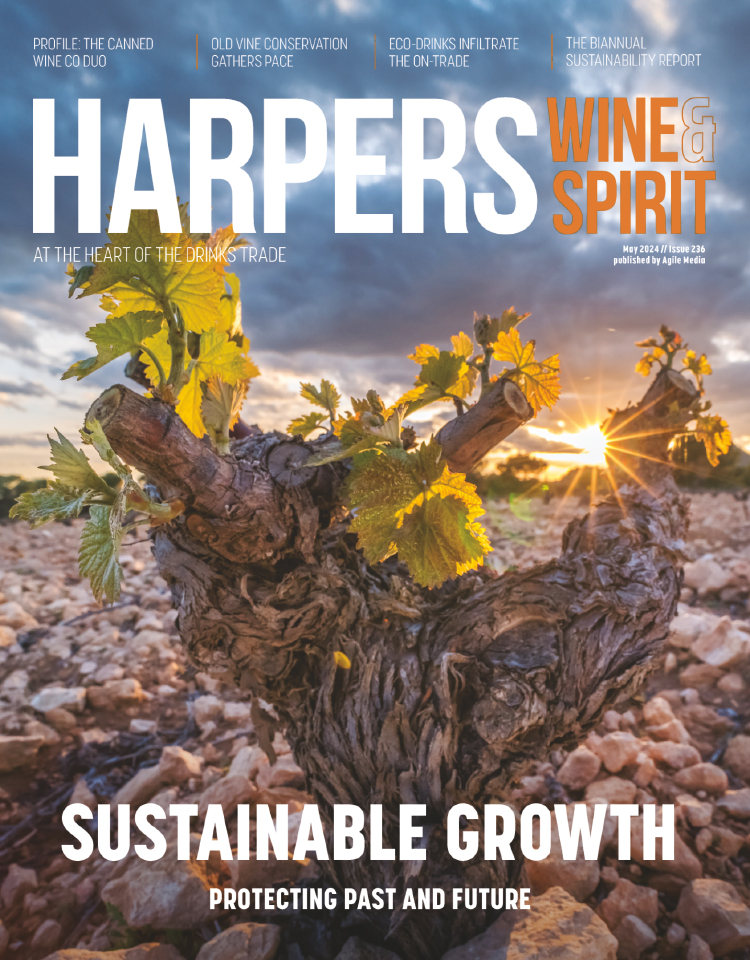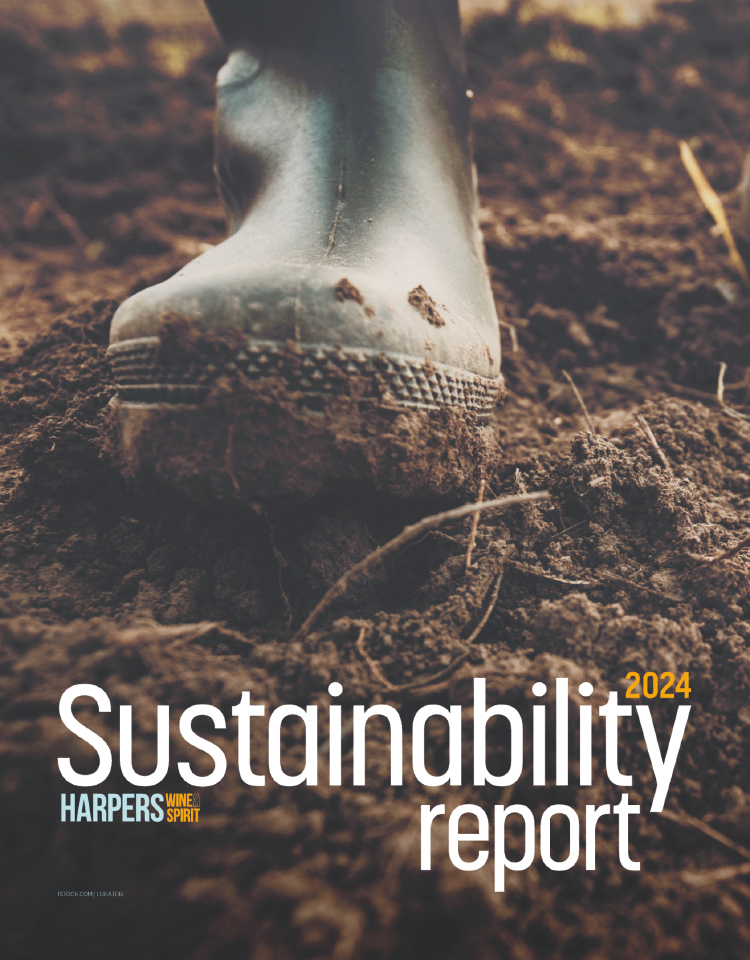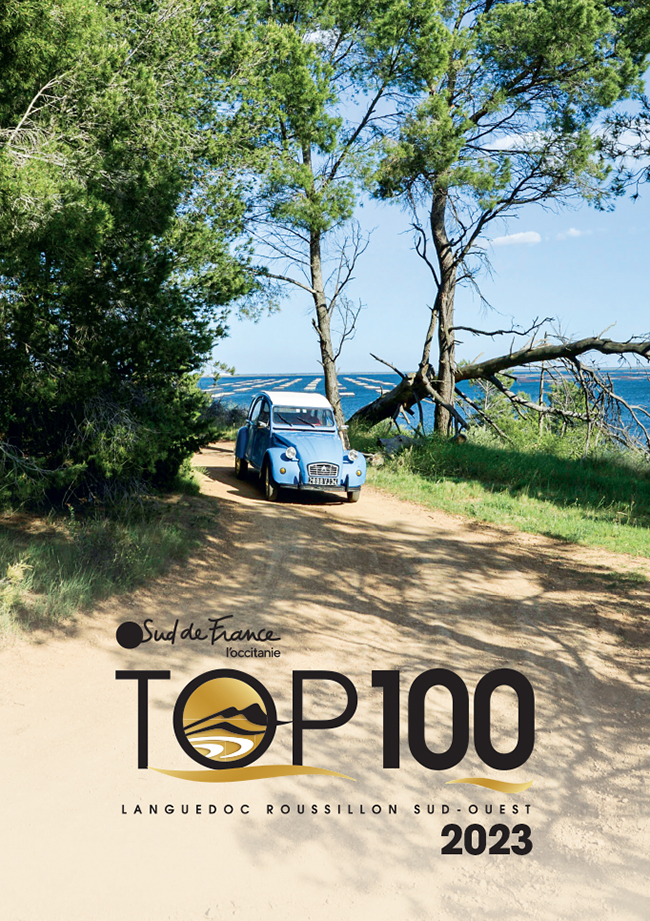
Organic Argentina
The Andean foothills provide ideal conditions for low-intervention viticulture, allowing organic winemaking to flourish
Mendoza is by some distance Argentina’s most important wine region, producing close to two-thirds of the country’s wine, from vineyards that sit between 600m-1,100m above sea level. This lofty perch, in clear view of the snow-capped ridges of the Andes, is also arid, with well over 300 days of sun a year, meaning that while vines thrive, many of the typical diseases that can trouble them find it hard to gain a foothold. Add in fresh breezes flowing down from the mountains and well-drained rocky soils, and the conditions add up to an ideal environment to practise organic viticulture.
Organic practices have fast been growing throughout this flagship region, significantly with some of the more prominent local producers embracing its tenets. That, in turn, is helping drive perception of Argentina – which is the fifth largest wine-producing country in the world – as a sustainably minded source of wine, at a time when consumer concern over the healthiness and provenance of what they eat and drink, along with its impact on the planet, has never been higher.
Big names such as Achaval Ferrer, Argento and Domaine Bousquet are among those that have embraced organic and sustainable practices, along with many smaller estates, with several tour operators in Mendoza now offering organic wine tours for budding oenophile holidaymakers.
Domaine Bousquet is among the pioneers, with its owners Anne Bousquet and Labid Al Ameri lighting on Tupungato in the Uco Valley in the 1990s precisely because of the potential to plant and grow organically from the get-go.
“Mendoza is a great region to nurture organic agriculture, thanks to high-altitude elevation at the Andean foothills, near constant breezes from the Andes that help mitigate heat stress in our desert-like climate, significant day-to-night temperature differentials of 15°C to 20°C and only 200ml of rain a year,” says Bousquet.
“Here in the Uco Valley, we planted on virgin soil, which meant there was no seven-year transition period to organic growing – our vineyards were organic from the start and all these factors help to have a healthy vineyard with low intervention.”
An organic philosophy also underpins the winemaking at Argento, where again low-intervention practices are central not just the health of the vines and surrounding environment, but also the quality of the final wines, according to winemaker Juan Pablo Murcia.
“There is greater purity of fruit and focus in the wines, organic viticulture delivers this and the difference is clear
in the glass,” says Murcia.
↓
Gaining ground
Awareness of Mendoza’s ability to produce organically is also catching on in its key export markets, where the message of high-altitude clarity in the wines is being underscored though the prism of organic purity.
Long-established UK organic
champion Vintage Roots is a case in point, with the importer urging its customers to look to Argentina and Mendoza for organic Malbecs and more.
“If you are looking for the best organic Argentinian wine, consider the robust flavours of Malbec – the high altitudes of Mendoza make for some delicious Malbecs, which is why many of the best Argentinian organic wine vintages come from the region, from places like Tupungato,” suggests Vintage Roots.
As the company reminds, refined Chardonnay, characterful Cabernet Sauvignon, spicy Syrah, rich Merlot and impressive Cabernet Franc are also part of the organic mix, offering counterpoints to Mendoza’s flagship variety Malbec.
This all ties in with the aforementioned growing consumer interest in such wines, but with organic now being pushed to the fore by producers as a central pillar of quality winemaking, rather than just an environmental add-on. And, whichever way you look at it, this is creating a virtuous circle, with leading producers flagging up their organic credentials on their top tiers of wines, thus lifting the organic message to the highest level.
From a commercial standpoint, organic wines are growing worldwide. While currently accounting for 2% of global wine consumption, the growth trend is strong and has been constantly growing at high rates over the past decade. All of which bodes well for those that have embraced the organic mantle.







